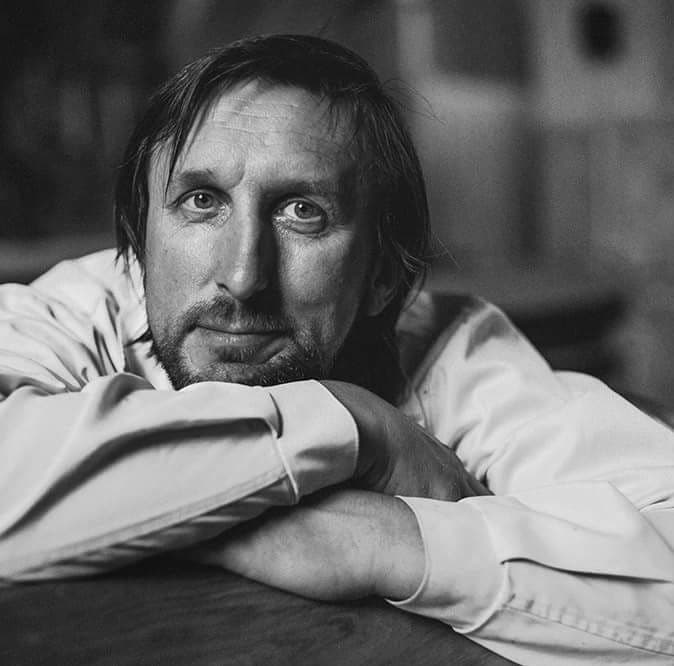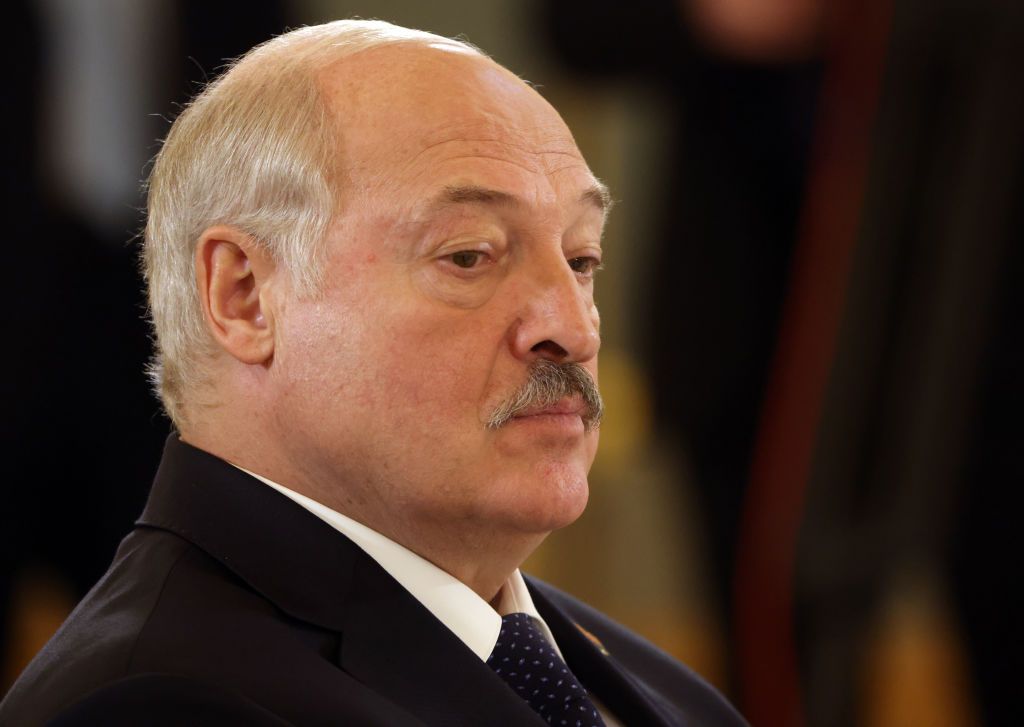Prominent Belarusian artist dies in prison 'under unclear circumstances'

The prominent Belarusian artist Ales Pushkin died in prison in Belarus "under unclear circumstances," his wife Janina Demuch reported on July 11.
Pushkin was charged by Belarusian dictator Alexander Lukashenko's regime in 2021 with "desecration of state symbols" and "incitement to hatred," according to human rights watchdog Viasna.
At the time, Belarusian prosecutors said that the reason behind this was Pushkin's painting of Jaŭhien Žychar, a member of the Belarusian anti-Soviet resistance, shown at an exhibition in the city of Hrodna. Authorities claimed that the painting "rehabilitated and justified Nazism."
Pushkin was in Ukraine for another exhibition when he found out about the charges but did not cancel his return flight home. He was arrested the next day.
"I remember how terrified I was that night when he went on a flight from Kyiv to Minsk in March 2021," the poet Julia Cimafiejeva wrote, calling his death "a great loss for Belarusian culture and art."
Pushkin's trial began on March 10, 2022. The court found him "guilty" on March 30, 2022, and sentenced him to five years imprisonment in a penal colony.
While the verdict was being read, Pushkin loudly protested and undressed to reveal a self-inflicted wound on his stomach in the shape of a cross, according to Viasna.
Ales Pushkin took part in the mass protests of 2020-2021 that were spurred by Lukashenko fraudulently claiming victory in the presidential election. Authorities began jailing many of the protestors, while others fled into exile.
His work caught the attention of Belarusian authorities over the years.
One of his most famous performances was in 1999 when he marked the five-year anniversary of Lukashenko's rule by dumping a red wheelbarrow filled with manure at the main entrance of the administration building in Minsk, placing a photo of Lukashenko on top of the manure, and then piercing it with a pitchfork.
"Ales was an incredibly talented, provocative, and courageous artist – a good man. And it will stay that way for us. The rest doesn't matter anymore. He will remain an artist and a person who was killed in prison, killed by this government. He was killed for language, talent, and bravery. For being a Belarusian," the writer Alhierd Bacharevič said, adding that "this murder cannot be forgiven."
Viasna established that there were nearly 1,500 political prisoners in Belarus, but some human rights activists believe that the actual number is at least three times higher.












